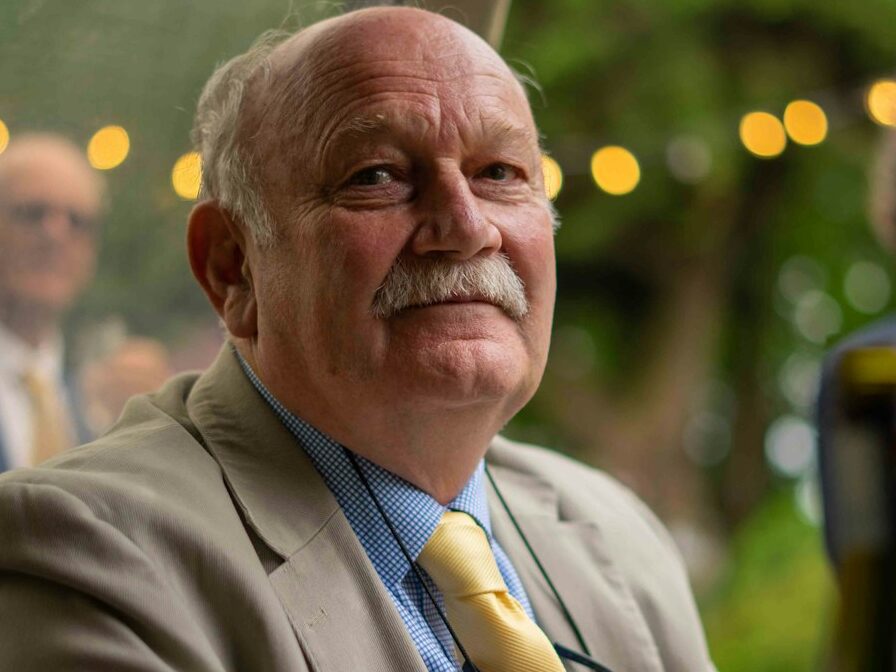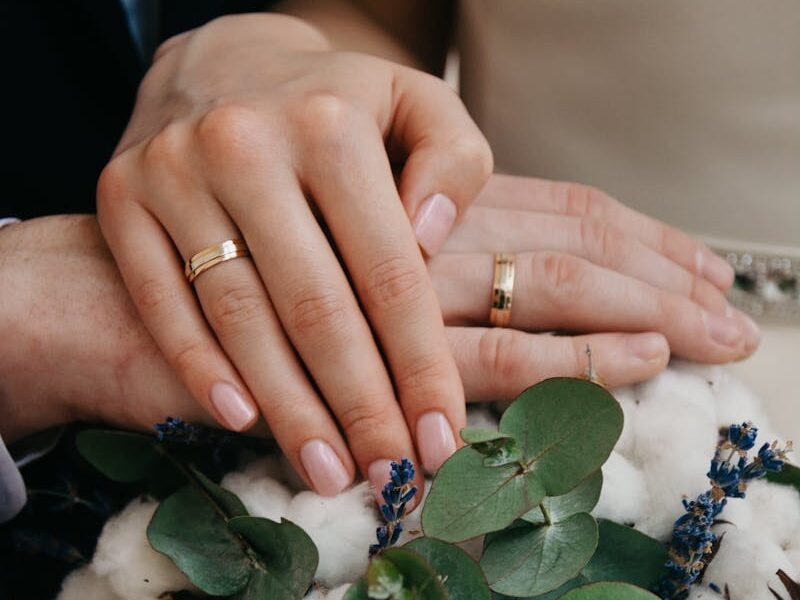Lifestyle
15 Marriage Lessons Boomers Had to Learn on Their Own

Boomers didn’t have couples therapy apps or viral relationship advice. They entered marriage with what they saw at home, what they hoped for, and what no one warned them about. Over decades, through highs and lows, they picked up wisdom the hard way. Here are the marriage lessons they had to figure out for themselves.
Love Alone Isn’t Enough

They began with the belief that love would be the glue that holds everything together. But over the years, they discovered that love without patience, communication, trust, and effort simply wasn’t enough. Passion fades, and disagreements happen. What kept things together was showing up every day, choosing the other person even when it was hard, and doing the work that love requires.
You Don’t Always Have to Be Right

In the early years, many fights were about who was right. Eventually, however, Boomers realized that being right wasn’t the same as being happy. Winning an argument often meant losing intimacy. They learned to choose peace over pride, to let things go, and to focus more on understanding than proving a point. A gentle conversation often did more good than a well-delivered rebuttal.
Resentment Builds Quietly and Lasts Loudly

Boomers found out that what wasn’t said often caused more harm than what was. Letting small frustrations slide for too long eventually turned into bitterness. Silent treatment, emotional withdrawal, and passive-aggressive behavior started to fill the gaps. They learned the importance of speaking up early, even if it felt awkward, to avoid the slow poison of long-term resentment.
Space Isn’t a Bad Thing

They once feared that time apart might mean growing apart. But later, they saw how time for personal interests, quiet reflection, or separate friendships actually strengthened the marriage. It gave each partner breathing room and a chance to grow individually. When they reconnected, they brought more of themselves back into the relationship, making it richer and more balanced.
Money Can Be a Bigger Issue Than You Expect

At first, it seemed like love would smooth over financial stress. But Boomers discovered that money problems can erode trust faster than almost anything else. Whether it was hidden debt, overspending, or just different saving styles, they learned that honest financial conversations were essential. Budgeting together, being transparent, and planning long-term became a form of emotional intimacy.
Routines Can Become Ruts Without Attention

What started as a comforting rhythm — work, dinner, TV, sleep — slowly turned into a pattern of disconnection. Boomers realized that if they didn’t make time for laughter, conversation, or simple affection, the relationship began to feel more like a business partnership. Breaking routines with small surprises or shared activities rekindled energy that would otherwise fade without notice.
Apologies Matter Even When You Think You’re Right

Boomers learned that sometimes the relationship mattered more than the issue at hand. Saying “I’m sorry” wasn’t always about admitting fault. It was about acknowledging impact. Even if they didn’t mean to hurt each other, they saw that offering a genuine apology could calm tension and restore connection. Pride made things worse. Humility made things heal.
You Won’t Always Like Your Partner, And That’s Okay

Some days were hard. Some weeks felt distant. Boomers came to accept that not every moment of marriage would be filled with warm feelings. That didn’t mean the relationship was broken. It meant they were human. Pushing through the rough patches, choosing kindness even in frustration, and not overreacting to temporary feelings helped them stay connected long-term.
Little Things Become Big Things Over Time

Small acts of love — or neglect — added up. Boomers realized that forgetting to say thank you, walking past each other without a smile, or never asking how the other person felt slowly chipped away at closeness. On the flip side, a daily coffee, a kind word, or a shared laugh built intimacy more than grand romantic gestures ever could.
Physical Affection Shouldn’t Fade With Time

Boomers found that touch mattered more as the years went on. It wasn’t always about romance. A hand on the shoulder, a hug in the kitchen, or resting next to each other on the couch made them feel seen and secure. Physical closeness helped protect the emotional connection and reminded them they were more than just housemates.
Your Partner Can’t Read Your Mind

They once assumed the other person should “just know” when something was wrong. But guessing often led to missed signals and frustration. Boomers eventually understood that clear, honest expression of needs was not a weakness but a necessity. Speaking up early, without blame, saved countless misunderstandings and made both people feel heard and supported.
You Marry the Family, Too

Boomers realized that in-laws, family traditions, and cultural expectations played a much bigger role than they expected. Navigating extended family dynamics was sometimes harder than managing their own relationship. Learning to set healthy boundaries while showing respect took time. But once mastered, it brought peace and reduced tension at holidays, dinners, and every visit in between.
Dividing Chores Is an Ongoing Conversation

Many fell into traditional roles without thinking. Over time, resentment built. They realized that domestic labor needed to be shared fairly — and revisited often. What worked in one season of life didn’t always work in the next. Boomers learned that working as a team in the home helped both partners feel respected and less overwhelmed.
You Can Fall in Love Again — With the Same Person

It surprised them how love could return in waves. After years of routine, a shared hardship or a simple walk together could bring back feelings they thought had faded. Boomers learned that long-term love wasn’t static. It deepened, quieted, and sometimes came back stronger after being tested, reminding them why they chose each other in the first place.
Leaving Is Easier Than Staying — But Staying Can Be Worth It

There were times when walking away felt like the simpler option. But Boomers who stayed found that rebuilding trust, working through pain, and choosing each other again led to a deeper kind of love. It wasn’t perfect. It was earned. And that made it more meaningful than anything they imagined when they first said, “I do.”

